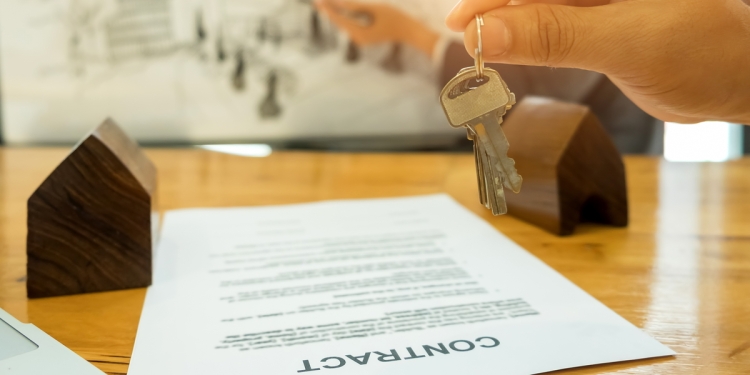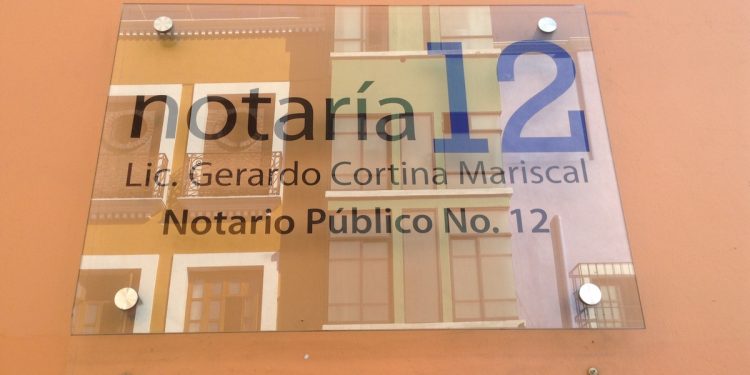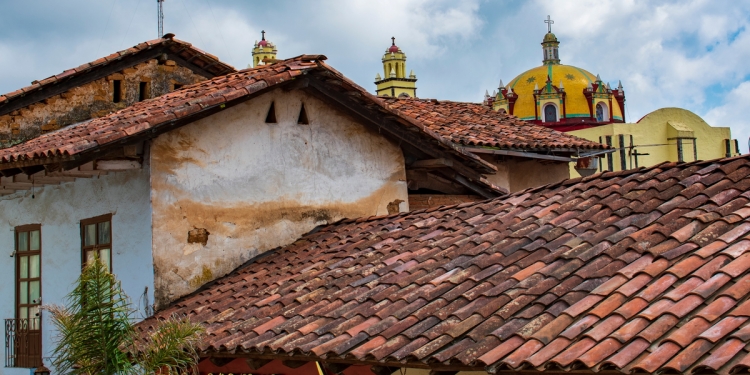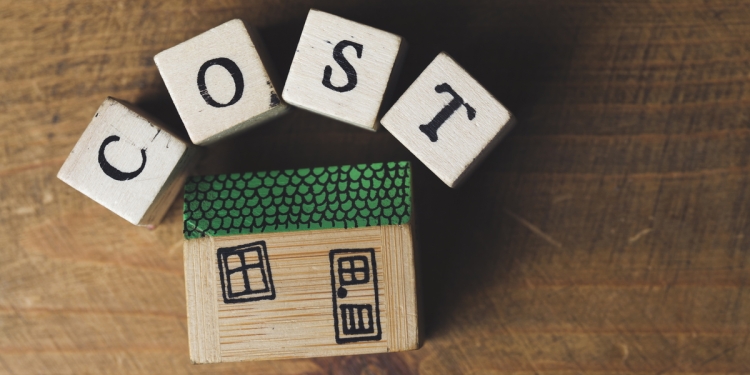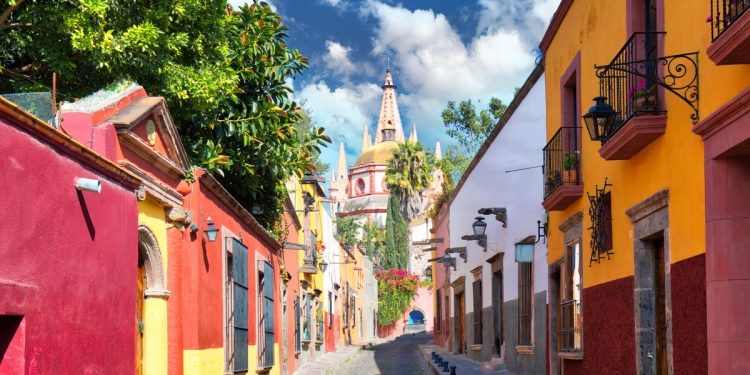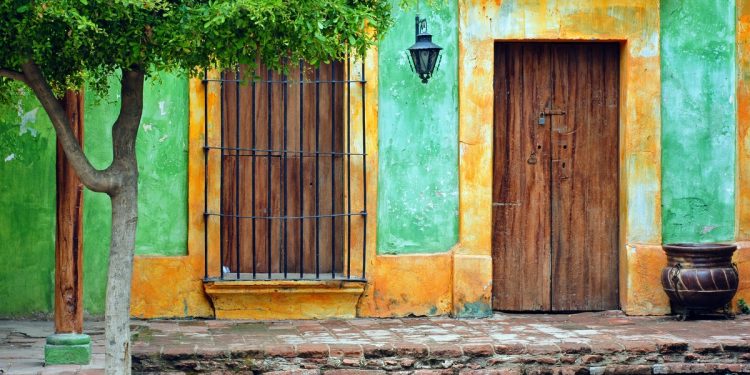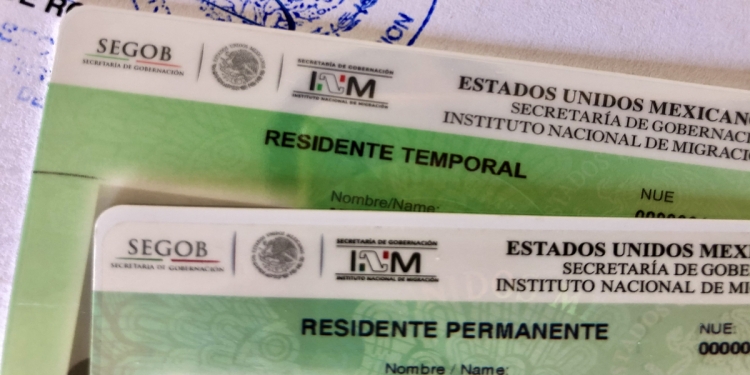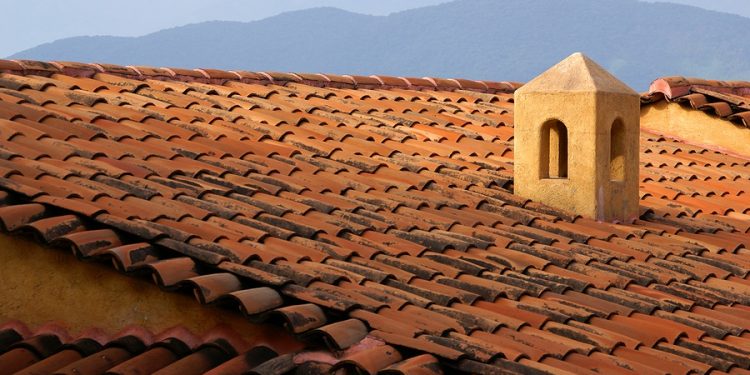When you’ve decided on a location to live in Mexico, found a property you’d like to buy there and agreed a purchase price with the seller, you’ll need to form a professional support team and enter into a set of procedures that will lead to the transfer of the property from the seller, to you the buyer.
Your key contacts in a property transaction
All property transactions in Mexico ought to be agreed in writing with a well-scripted contract drawn up by a Notary Public or attorney specializing in Mexican real estate law.
Independent real estate advisors
If you’re seeking advice about your intended property purchase (or sale) in Mexico using entirely independent real estate professionals, you can browse profiles of some firms that specialize in this work.
As you move through the process, you are likely to to engage with the services of several key contacts to help you complete the transaction, and these may include:
The seller
Some sellers take a ‘hands-on’ approach to selling their property and deal more directly with the buyer; but most sellers do the opposite and interact through the realty agent and/or Notary Public. Every case is unique.
As described in this article, some ‘sellers’ are more than one person and this can cause delays as you work through the procedures. Patience is required, especially if the property you are buying is an older family home that’s being sold.
The realty agent
If a realty agent is involved in the sale, that person ought to function as an intermediary between the seller and the buyer (and their legal representatives) and undertake the ‘project management’ of the transaction.
If you didn’t hire a realty agent, you will need to take on the role of ‘project manager’ for your property transaction—or hire someone to do that for you.
Realty agents often liaise between the seller, the buyer and other key contacts including the Notary Public.
This includes things like liaising about details of the contract as they are reviewed and (re)negotiated by the parties.
The realty agent will also help to overcome any obstacles that might emerge as part of the contract review process and/or administrative elements of the transaction—for example, reminding parties about documents they need to produce to progress the transaction.
The Notary Public
Even if you hire the services of a lawyer to support you with certain aspects of the transaction, you will still need to hire a Notary Public, as the transaction must be filed and recorded by the Notary as part of the legal process.
As the buyer, it’s important to choose your Notary Public independently: do not allow the seller to influence you or to pick one for you.
Realty agents usually have a list of Notary Public offices you can contact—but remember that in Mexico a realty agent often represents the seller and the buyer simultaneously.
The legal attorney
Although you can do everything through the Notary Public, some buyers like to hire a lawyer to provide legal counsel or additional legal support through the process—especially if there are complexities or unusual circumstances surrounding the transaction that require a ‘second legal opinion..
Independent real estate advisors
If you’re seeking advice about your intended property purchase (or sale) in Mexico using entirely independent real estate professionals, you can browse profiles of some firms that specialize in this work.
The property surveyor
When you buy property in Mexico, the seller does not provide any type of ‘sales pack’ that demonstrates the property is in good shape as sellers must, by law, do in other countries. Furthermore, it’s difficult to seek legal redress after you have closed the deal and paid your money.
Therefore, it’s prudent to hire a property surveyor to check over the property, especially if the property is older or situated in a rural or remote setting. Some architect firms provide this service; check locally.
You will need to pay for this separately, and ask the seller for access to the property before the contract is signed. If a seller objects to a survey being undertaken, or agrees and makes the process awkward or difficult in some way, that ought to raise a flag.
The architect firm
If you are buying land to build on, you’ll likely use the services of an architect to help you with the building.
Architects usually undertake tests on the land (before you complete the purchase) to ensure that the land is suitable for building on, and to assess the costs of building there. You will need to pay for any land tests and studies separately, regardless of whether the transaction completes.
Outline procedure for buying a property in Mexico
The exact process to complete a property transaction will vary in each case, and to some degree vary depending on what State in Mexico the property is situated in.
However, every transaction follows broadly the course outlined in this description—the realty agent and Notary Public will provide essential support throughout this process and provide specific procedural details based on your situation.
Property valuation
An official appraisal of the property’s market value, known in Spanish as an Avalúo, might be undertaken. Some buyers commission a valuation report, and some sellers pay for an appraisal and show this document to the seller as ‘proof’ of the property’s current market value—however it’s only a professional opinion.
In some cases, an official appraisal of the property might be required, and if this is the case the Notary Public will advise you about it, and the fees involved.
Verbal agreement
When you’ve found a property you like, you agree a price (and loose terms, e.g. ‘including all the furniture’) verbally with the seller. This is not binding, but sets in train the process that will lead to the transfer of the property.
If you are buying a home from a real estate developer, especially if you are buying ‘off plan’, advise the Notary Public about this as they ought to ensure that the developer’s permits are in order as part of the legal diligence.
Written contract
The realty agent (and/or Notary Public) will draw up a written contract citing:
- the agreed sales price;
- a written schedule of inclusions and exclusions;
- detailed terms and conditions related to the transaction; and
- any contractual deadlines as may be agreed by the parties.
This document is known in Spanish as a “Convenio de compra-venta” —a sales contract— at which time a deposit, typically 5% to 10% of the agreed purchase price, is paid by the buyer with cancellation penalties set out in the contract if either party withdraws from the agreement.
It’s normal for the seller to provide the contract, although it’s important that the buyer reviews the contract with great care, ideally with legal assistance, and understands what is being agreed and what they are committing to through this document.
The written agreement ought to contain clauses that excuse the buyer from the contract without penalty on matters related to due diligence and force majeure.
Property trust, if relevant
If the property is inside the restricted 50km border and/or 100km coastal zone, the Notary Public will ask the buyer to set up a property trust (fideicomiso); this is done through a local bank.
If the property is not situated within the restricted zone, no trust is legally required but remains optional for buyers who wish to use a property trust as part of their estate planning arrangements.
Closing costs and taxes
The seller and the buyer will have costs to pay as part of the transaction. Capital Gains Tax is paid by the seller and the Notary Public will calculate the sum and arrange for the correct amount to be paid to the Treasury. The buyer has other closing fees and taxes to pay, that might also include the need to apply for a permit to purchase land in Mexico.
Read more about the closing costs and taxes when you buy property in Mexico, as well as the costs and taxes of selling property here.
Payment for a land or property purchase in Mexico
Whether you are paying with cash or via some type of financing, you (or the person representing you) will need to have the agreed funds available for hand-over at the Notary Public’s office on the date that the deeds are scheduled to be signed across to you. Payments are usually via a bank transfer, but other payment methods might be feasible—talk to the Notary Public about this.
Note that due to money laundering regulations, additional checks may be required to verify the source of the funds used to purchase a property in Mexico.
Legal due diligence
As part of due diligence in the purchase procedures, the Notary Public and/or the lawyer you hire undertake a series of checks on the property deeds and other records.
The Notary Public is legally responsible to ensure that all documents are in order and that all legal procedures have been adhered to. The Notary is also charged with ensuring that property taxes, including property transfer taxes, are fully accounted for and paid.
There are many elements to check; this list is not exhaustive but outlines the key things the Notary Public will be looking for:
History and type of property
Checking that the property has a clean history, and that there are no liens on the land, for example an unpaid mortgage or other debt. Under Mexican law, liens are passed on with title of the land, so these checks are especially important. The Notary should also advise you whether the land has a title deed or whether it is untitled and being transferred on agrarian terms.
Verification of title or possession
The seller will need to furnish the original land/property deeds, unless the property is untitled, in which case you will need to ask about the Constancia de Posesión. The Notary Public will check these out and advise you whether the land is legally titled or whether you are obtaining possession instead of legal title.
Seller documentation
The seller will need to present to the Notary Public with other documents including (but not limited to): original property deed, up-to-date tax receipts for the property, public utilities bills (proof of payment), plus up to date details of any service fees, for example Homeowner Association fees, shown as paid.
Buyer documentation
The Notary Public will ask for key documentation from the the buyer, that may include but is not limited to: photo ID (e.g. passport), birth certificates, marriage certificates (if applicable), and proof that your stay in Mexico is legal: this can be a Visitor Permit, (you do not have to be resident in Mexico to purchase real estate here) and if you are resident here, then you will need to show your residency card.
Taxes and utilities current
Checking that all land taxes have been paid during the last five years (if applicable) and that utilities (especially electricity) have also been paid during the last two years. By law, you are not liable to any debts after these times.
Title structure, registers and permits
Other items to be checked can include verifying all buildings are on tax registers and have the required building permits (as may be applicable); utilities were legally installed, and payments are up to date; the property is not jointly owned, or if it is, that both (or all) owners agree to the sale; and that the named seller has the right to transfer ownership of the property.
Learn more about property in Mexico
Mexperience offers detailed insights about property in Mexico for buyers, owners, renters, and sellers.
- Latest articles and insights about real estate in Mexico
- Finding a Notary Public in Mexico
- Tell-tale signs of a good realty agent
- The costs and taxes of buying a home in Mexico
- The costs and taxes of selling a home in Mexico
- Insuring your Mexican home
- Enjoying your home and home life in Mexico
The information published in this article is provided for general information in good faith and is not intended as personal, legal, financial or investment advice.
Mexico in your inbox
Our free newsletter about Mexico brings you a monthly round-up of recently published stories and opportunities, as well as gems from our archives.

